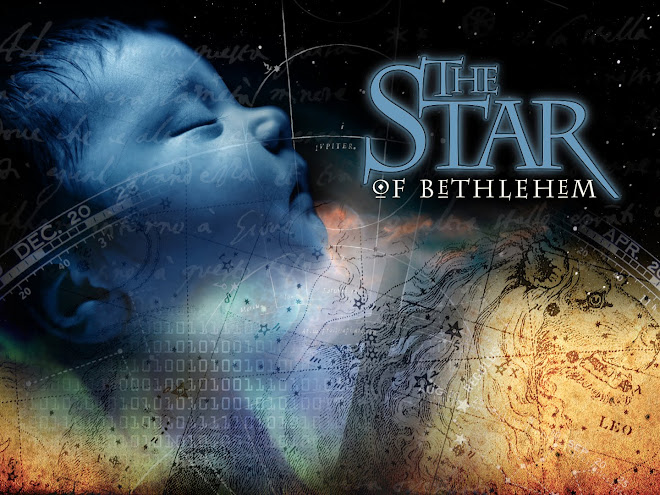Research concerning the Star is ongoing. Perhaps it will be unending. Occasionally I hit pay dirt, and that is a genuine thrill for me. Yesterday was thrilling!
I spent some time in the microform section at the main Texas A&M library. I was looking at works from the mid-1700's satisfying myself that what I have been finding online is trustworthy. Well, I'm satisfied! So here is the historical nugget that I've just added to the Star web site.
During the reign of Emperor Hadrian (117-138 AD), a Greek freedman named Phlegon of Tralles wrote a history which he named "Olympiades." His home town of Tralles was near Ephesus. Many of you may know that ancient historians widely used the Greek Olympic calendar to date events. We understand that dating system today and can relate it to our "modern" Gregorian calendar, first instituted in 1582.
Phlegon used the Olympic calendar, which obviously suited his subject. Much of Phlegon's writing is lost to history, but in Fragment 17 of what survives, we read in Greek the following report:
"In the fourth year of the 202nd Olympiad [AD 32-33], an eclipse of the Sun took place greater than any previously known, and night came on at the sixth hour of the day [noon], so that stars actually appeared in the sky; and a great earthquake took place in Bithynia and overthrew the greater part of Niceaea."
Thus, we have a non-Biblical source confirming the Gospel records of a darkening of the Sun and earthquakes at the Crucifixion! Right down to the hour of the day!
My research shows that Phlegon's account has been the subject of study and debate for centuries. But I am satisfied that it is sound and belongs on the web site. Phlegon's record is mentioned in: F. Richard Stephenson, Historical Eclipses and Earth's Rotation (Cambridge University Press, July 1997) ISBN 0-52146-194-4. Stephenson's book is listed on Amazon for hundreds of bucks USED. Figure that out; it's only a paperback, and it's not even out of print. Or, just get it on interlibrary loan like I did.
As Phlegon plainly understood, the "eclipse" he describes was not an ordinary eclipse. He certainly describes it as being extraordinary: "greater than any previously known." What he probably did not understand is that the darkening was not caused by the moon's shadow, which is how we understand 'eclipse of the Sun' today. With modern astronomical understanding, we know that whatever darkening people saw and the Gospels record, it was not the moon's shadow. That is not possible during the time of the Passover full moon.
The means of the darkening is yet a mystery, although continuing research may yield clues.
If you have time, join me:
"Lord! Keep revealing! Reveal more and more evidence that shows your word to be true. Uncover what is hidden. We already believe your Word, and we don't ask for proofs to convince us. But we are braced when we find again and again and again that your Word is truth. Thank you for preserving the Bible for us. Thank you that your Book is now in the hands of more people than ever before in history. Call those who do not believe to increased respect for the Bible. Lead them to yourself, Father. We love to see your Word magnified! And we pray in the name of Messiah Jesus, amen."
Rick
Saturday, June 15, 2002
Subscribe to:
Comments (Atom)

